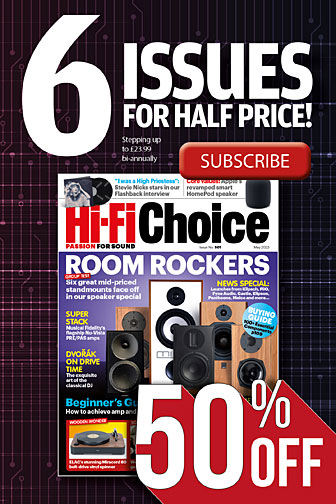Stream genie
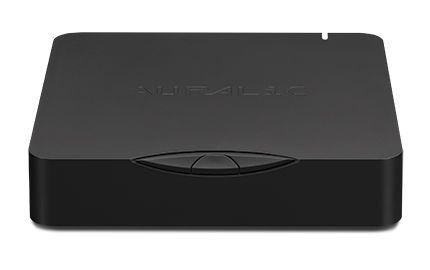
 The form and function of network audio products has been slowly but surely solidifying around a selection of key functions that we expect them to perform. Within this ‘firming up’ process, some brands have found niches they can use to create products that stand out from the crowd. Auralic has been around since 2009 and in that time has been hard at work creating streaming products that alter the roles and responsibilities of given components.
The form and function of network audio products has been slowly but surely solidifying around a selection of key functions that we expect them to perform. Within this ‘firming up’ process, some brands have found niches they can use to create products that stand out from the crowd. Auralic has been around since 2009 and in that time has been hard at work creating streaming products that alter the roles and responsibilities of given components.
The Aries Mini is a case in point. This is the most affordable of Auralic’s streaming products, but it has some features that are unusual at this or any other price point. The company describes it as a ‘streaming node’ hinting at the functionality it boasts that’s not commonly seen in products of this nature.
The basic architecture of the Aries Mini is fairly impressive at the price. Built around an ESS Sabre DAC, it offers 32-bit/384kHz capability and the ability handle up to DSD256. This is backed up with internet radio and internal support for Tidal and Qobuz (although oddly not Spotify) as well as AirPlay and Bluetooth. A pair of RCA outputs deliver a line-level signal or can function as a pre-out via control in the app. Alternatively, the coaxial digital output allows you to connect the Aries Mini to a suitable DAC, while a USB-A connection enables driverless hookup to a USB DAC.
From here, the specification heads off in a less conventional direction. As well as its audio decoding hardware, the Auralic is fitted with a quad-core ARM Coretex-A9 processor with 512MB of RAM. On the underside of the chassis there’s a small removable panel that hides a bay that will accept 2.5in hard drives. Fitting one is simple and once done you have a server rather than a streamer – and one that can be connected directly to a DAC or amp with a USB digital input for a largely self-contained system. If you don’t fancy rummaging around the inside of the unit, you can do the same trick with an external drive connected via USB.
Key to making this practical is the control app. This is called Lightning DS and it functions a little differently to many rivals in that it builds its own database of the music library it is using rather than relying on one being assembled by the server. This means that the first time you select a music library, there will be a pause of up to a couple of minutes depending on the amount of music it has to scan. Once done, you have instant access to the content. Lightning is only available on iOS devices, but it seems very slick and stable in operation.
Supplied for review is an optional extra in the form of the Aries Mini Linear PSU. This £250 external power supply is intended to replace the wall-wart unit that comes supplied as standard and offers a step up in performance. The visual relationship between the two is a little unusual. The PSU is a fairly burly device made out of metal and is larger and more visually imposing than the main unit. The Aries Mini is attractive enough in a minimalist sort of way, although compared with some similarly priced rivals (see How it compares) it looks a little lightweight. It does have the welcome addition of a play/pause button on the leading edge, which means you can at least silence it without having to boot up the app.
Sound quality
Initially connecting the Aries Mini up without the additional PSU and using a Melco N1A/2 (HFC 424) as the server, it sounds a great deal more substantial than it looks. Connected to the Beautiful System pairing of the Chord Electronics CPM 2800 MkII and ATC SCM40 (see HFC 425), the most immediately noticeable aspect of the performance is the impressive balance of energy and refinement – particularly at the high-frequency end of the spectrum. This is most impressively demonstrated when I play a DSD rip of a vinyl pressing of Wells Fargo’s Watch Out! This was ripped using a Korg DS-DAC10R (HFC 422), which had faithfully transcribed the slightly rough and ready mastering of the album. The Auralic keeps the raw energy of the performance intact, but avoids tipping over into harshness even with the levels wound up.
This means that with less challenging material the performance is rarely anything other than refined to the point of sumptuous. A 16/44.1 rip of Afro Celt Soundsystem’s Sure As Knot has an almost analogue warmth that retains its fine detail at the same time. The only real issues exist at the other end of the frequency response. The deep bass notes of the track are well defined and commendably agile, but they lack some of the weight and impact that can be found when you connect the Aries Mini to the optical input of the Chord and use its internal DAC (which works like a charm incidentally).
The key to improving this is the Linear Power Supply. Hooking it up gives an immediate and significant improvement. That wonderfully sweet and engaging top end isn’t altered, but the bass response now catches up with it and together with an appreciable boost to the sense of space in the recording, turns the Auralic into a very serious piece of digital kit. A 16/44.1 rip of Daft Punk’s TRON: Legacy score is vast, weighty and superbly involving. The closing Flynn Lives builds and builds without any sense of constraint or curtailment, and the result is effortlessly spacious and engaging. It knows how to have fun, too. It pounds its way through Bring It On by the Stereo MCs with enthusiasm and energy that is tremendously satisfying and engages in a way that many rivals will struggle to match.
Give it hi-res material like the 24/96 download of Craig Armstrong’s sumptuous It’s Nearly Tomorrow and the results are realistically as good as anything you are likely to hear under £1,000. Brett Anderson’s vocals in Crash are simply outstanding. They are smooth and almost sumptuously rendered – distinct from the supporting instrumentation, but never detached from it. The low electronic notes that form the bassline are felt as much as heard and the result is entirely free from the merest hint of digital processing.
What makes this especially pleasing is that the Aries Mini is impressively easy to live with as a device. The app is stable and reliable and will return to where you left it when you select it again after time away from it doing something else. Tidal implementation is slick and sounds as close as to make no difference to the equivalent file on the Melco. The performance also holds up reasonably well with internet radio material provided you don’t drop the bit-rate too far.
Conclusion
When you consider the compact size of the chassis and how easy it is to stow in a confined space, this is a streamer that offers a huge amount of capability without much in the way of compromise. While the best results are undoubtedly gained with the external power supply in place, you could buy the Aries Mini without it and budget for it further down the line. Doing so will allow you to get your hands on one of the most accomplished affordable streamers I’ve yet to listen to. ES
DETAILS
Product: Auralic Aries Mini
Price: £450
Origin: Netherlands/China
Type: Music streamer
Weight: 0.5kg
Dimensions: (WxHxD) 135 x 28 x 135mm
FEATURES
● Wi-fi and Ethernet streaming up to 32/384 and DSD256
● Outputs: 1x optical; 1x coaxial; 2x RCA
● Streaming services supported: Tidal and Qobuz Sublime; Internet radio
● Internal bay for hard drives
DIistributor: Auralic
Website: auralic.com
 Read the full reveiw in issue 425
Read the full reveiw in issue 425
 |
Inside this month's issue: Arcam Radia A25 integrated amp, iFi Audio iDSD Diablo 2 DAC/headphone amp, Eversolo DMP-A8 streamer/DAC/preamp, Line Magnetic LM-845IA valve amp, Record Store Day Spring Drop, standmount loudspeaker Group Test and much, much more
|
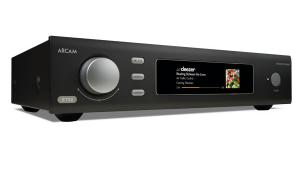
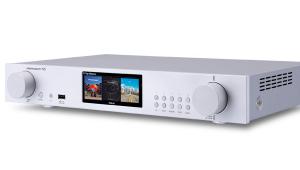
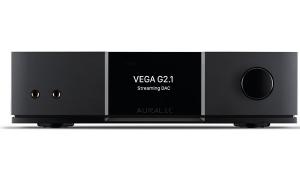

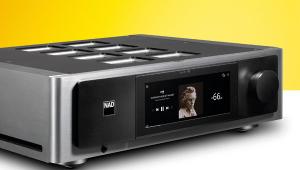
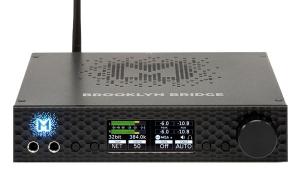
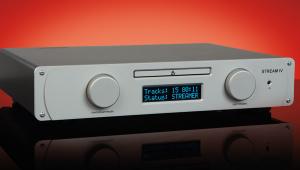
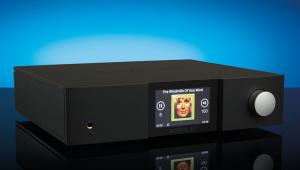
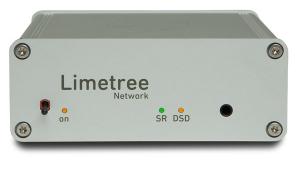
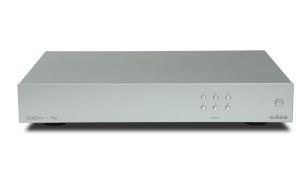
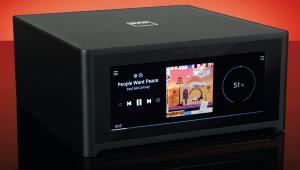
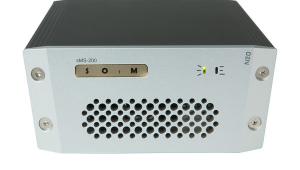
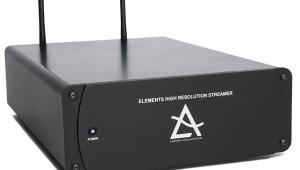
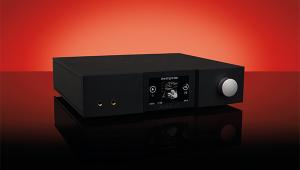
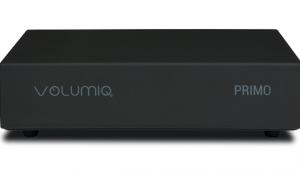
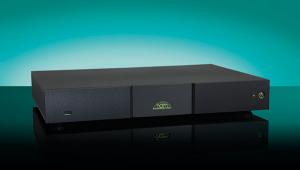
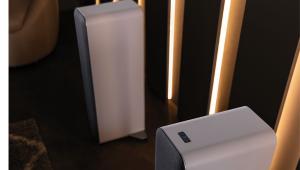
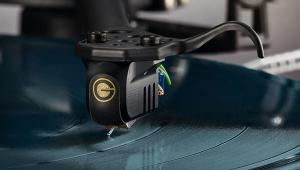
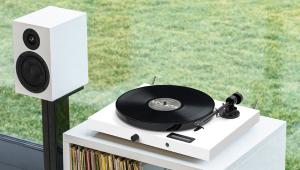
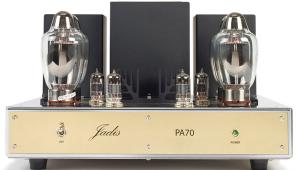
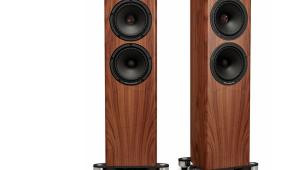
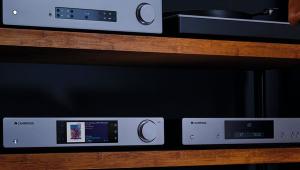
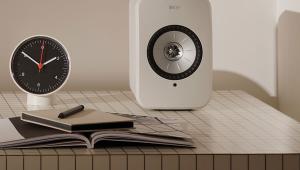
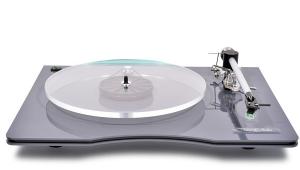

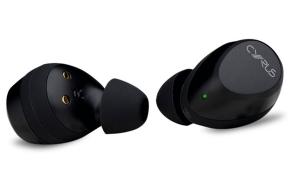
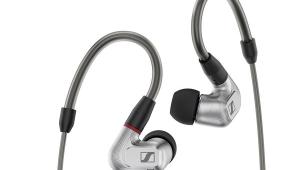

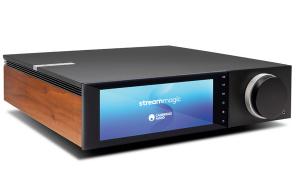
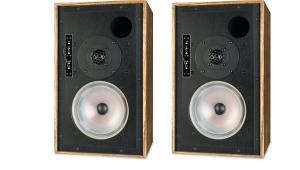
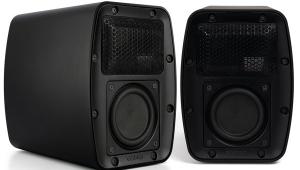
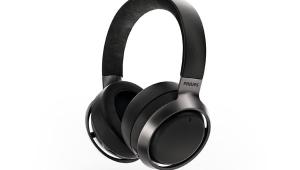
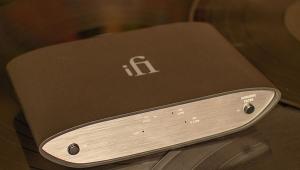
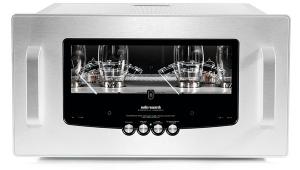
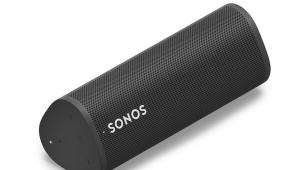
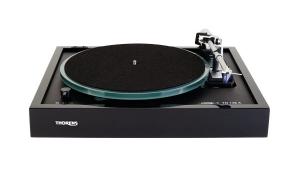
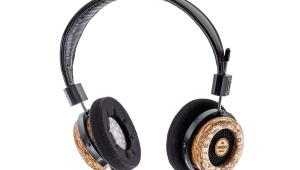
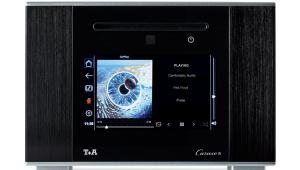
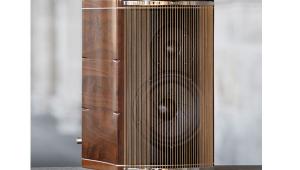
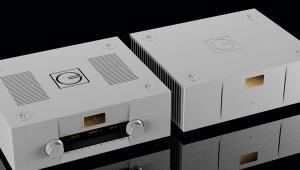
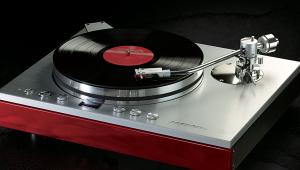
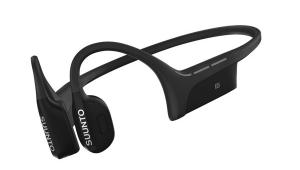

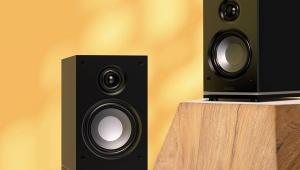
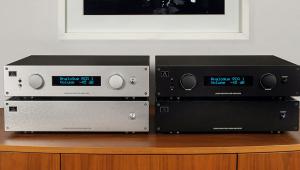
.jpg)
